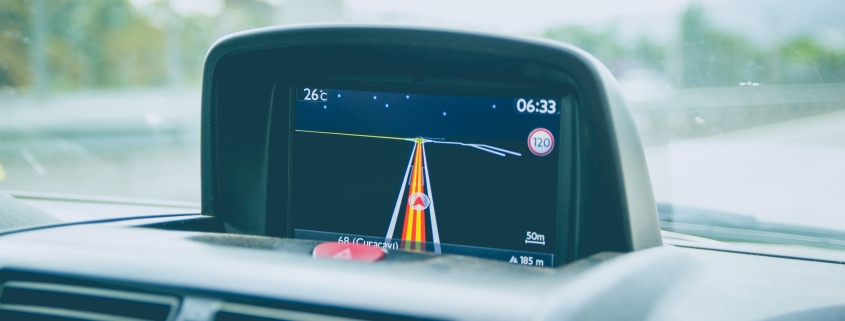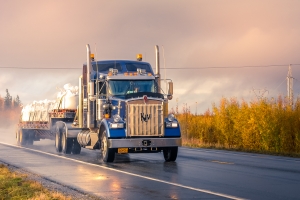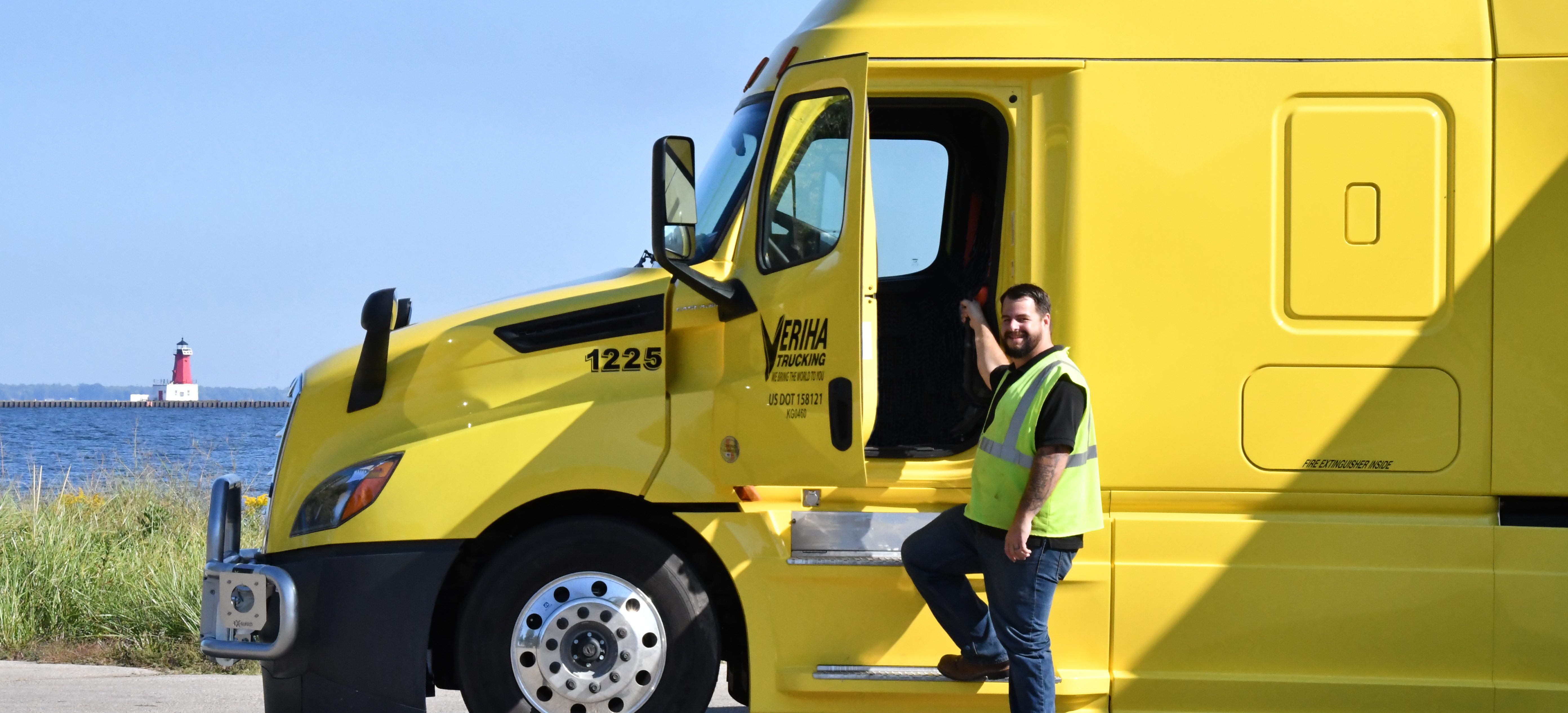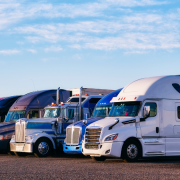
The effects of inflation are hitting everyone, especially truck drivers. Along with the price of everything rising, diesel gas prices are at a record high right now. With all this extra strain on driver’s wallets, it’s more important now than ever to find different ways to save money. Here are 5 budgeting tips for truck drivers to save money while on the road.
1. Keep a Budget

The first and best budgeting tip is to keep track of your money. You can use an excel sheet, a free smartphone app, or just a good old-fashioned notebook. No matter which way you do it, just make sure that every dollar in and out is planned and tracked. Get started now if you haven’t already, and you can always adjust as you go.
- Create a separate account just for driving to help streamline budgeting. Bonus, use a credit card that pays a reward on all purchases.
- Pay all bills and taxes promptly to avoid penalties and late fees.
- Set up reminders on your phone to go off a few days before each bill is due.
- Go paperless and use auto-pay options whenever possible.
- Keep all receipts in a designated place to avoid losing them. Make it a habit to put receipts away as soon as you get them.
2. Plan Efficient Routes

This can go a long way to saving money as a truck driver. Planning the most efficient routes can save you money on both gas and tolls. Using your cruise-control consistently and effectively will save on gas consumption as well.
Cruise-control can also keep you from exceeding the speed limit and racking up unwanted tickets and speeding penalties. Keeping up with all maintenance on your truck is also be a great way to save money as a truck driver. Paying a little here and there for preventative maintenance is always better than waiting until there’s a major issue with your truck.
3. Plan Well & Be Prepared

As much as possible, avoid buying things at truck stops or convenience stores. For truck drivers, food is often their biggest daily expense. Packing and bringing food with you has two benefits, since you’ll be eating healthier while saving money daily. Plan the laundry you’ll need before you hit the road as well. You can save time and money by not using coin operated machines while on the road.
Having a well-stocked first aid kit and personal care items is much better for your budget than having to buy these things one at a time while on the road. Though emergencies do arise, everything you can buy at home instead of on the road will save money.
4. Participate in Loyalty Programs

This is an often overlooked budgeting tip, but the benefits can really add up if you stick with it. If you do love a certain brand of coffee or slice of pizza on the go, join that company’s loyalty program. It’s usually quite easy to sign-up for them at restaurants, truck stops, gas stations, and even hotels.
Your purchases could turn into a future free cup of coffee, sub sandwich, a shower, or even a night’s stay in a hotel as points accumulate. Additionally, ask any local restaurants, hotels or even insurance companies if they offer CDL discounts. Even a 5% savings a few times per year will help keep money in your bank account.
5. Use Free WiFi

Whenever possible, use free Wi-Fi when you’re stopped for a break, or for the night. The overage charges that cell phone companies charge can be expensive. Spending a lot of time away from home can help you blow through your monthly data allowance and rack up fees. Using free Wi-Fi at truck stops, restaurants, and coffee stops can shave off time against your monthly data and help avoid overage charges over time. Just look for a sign and ask for the password.
Some of these budgeting tips might seem obvious, but it can’t hurt to check and see if you’re really maximizing the savings that are available to you. Take a look at your last few trips and review your biggest expenses or where you were over budget. Tightening up on your trip preparation routines, personal efficiencies, and budgeting skills can turn into big savings at the end of the year.
Want to find a job you love?
Drive My Way matches drivers with jobs based on their qualifications and lifestyle preferences.










